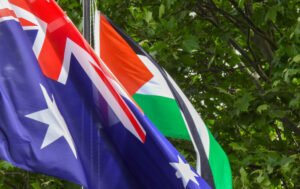The following is the text of a recent rant on Facebook.

This photo came up on my FB page today. I took it about 3 years ago. It is of village women mapping out their community assets as part of the PROTIC project in Bangladesh which looks at at effect of smartphones and sociotechnical networks on community and particularly village life. These women are faced with the effects of climate change in geologically unstable region.
But the subtext here is that rather than being in the reality of a village in a pretty isolated part of the world, the villagers had to come to us because we were grounded due to a difficult security situation. Now, it’s relatively easy to write about the “research? here- the mapping exercise-in a way that gets journal recognition.
But what about the moral and ethical questions here – should we have expected the women to come to us in Dhaka when we could not go to them. In the village? Were we acting unethically? (The judgement call was not made by us, but the partner NGO).
How does academic valuing as it currently stands account for the effort and frequent cross-cultural complexity put into organising such socially important research in which it is impossible to set up perfect experimental social science situations and I suspect even technical situations? What is worth more and has greater impacts?
Is the impact to value foremost in having women innovate in agriculture and grow better food or vaccinate cows, and writing that up descriptively in Bengali, or displayed in billboards and community education for farmers elsewhere? Or is it spending months writing paragraphs of obscure faddish jargon to please the editorial policies of a journal which even if it accepts the paper, will be years out of date? What about the impact on research students?
If we develop a way of aggregating lots of village data so that they can access it instantly on a phone, but it’s not a leading piece of research and won’t get publication points, do we drop it? Or should also we move into looking at the moral and ethical side of things (data aggregation, access and security and surveillance in a country like Bangladesh). Clearly, the hard and soft ends of research can productively come together.
Another grand question- if we think that all this is too hard for IT research and we should well, just leave it for others, then are we giving up on connecting with the grand challenges that face the planet?




